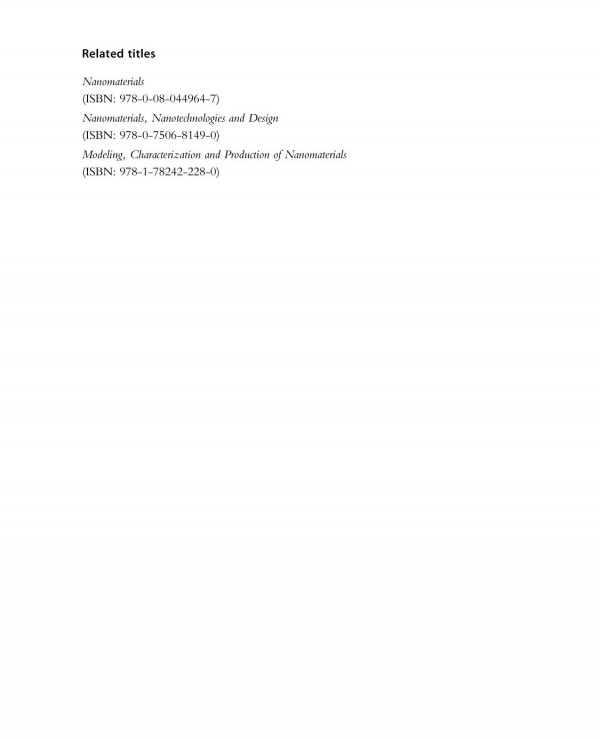

Most ebook files are in PDF format, so you can easily read them using various software such as Foxit Reader or directly on the Google Chrome browser.
Some ebook files are released by publishers in other formats such as .awz, .mobi, .epub, .fb2, etc. You may need to install specific software to read these formats on mobile/PC, such as Calibre.
Please read the tutorial at this link: https://ebookbell.com/faq
We offer FREE conversion to the popular formats you request; however, this may take some time. Therefore, right after payment, please email us, and we will try to provide the service as quickly as possible.
For some exceptional file formats or broken links (if any), please refrain from opening any disputes. Instead, email us first, and we will try to assist within a maximum of 6 hours.
EbookBell Team

4.3
68 reviewsDefect Structure and Properties of Nanomaterials: Second and Extended Edition covers a wide range of nanomaterials including metals, alloys, ceramics, diamond, carbon nanotubes, and their composites. This new edition is fully revised and updated, covering important advances that have taken place in recent years.
Nanostructured materials exhibit unique mechanical and physical properties compared with their coarse-grained counterparts, therefore these materials are currently a major focus in materials science. The production methods of nanomaterials affect the lattice defect structure (vacancies, dislocations, disclinations, stacking faults, twins, and grain boundaries) that has a major influence on their mechanical and physical properties.
In this book, the production routes of nanomaterials are described in detail, and the relationships between the processing conditions and the resultant defect structure, as well as the defect-related properties (e.g. mechanical behavior, electrical resistance, diffusion, corrosion resistance, thermal stability, hydrogen storage capability, etc.) are reviewed.
In particular, new processing methods of nanomaterials are described in the chapter dealing with the manufacturing procedures of nanostructured materials. New chapters on (i) the experimental methods for the study of lattice defects, (ii) the defect structure in nanodisperse particles, and (iii) the influence of lattice defects on electrical, corrosion, and diffusion properties are included, to further enhance what has become a leading reference for engineering, physics, and materials science audiences.